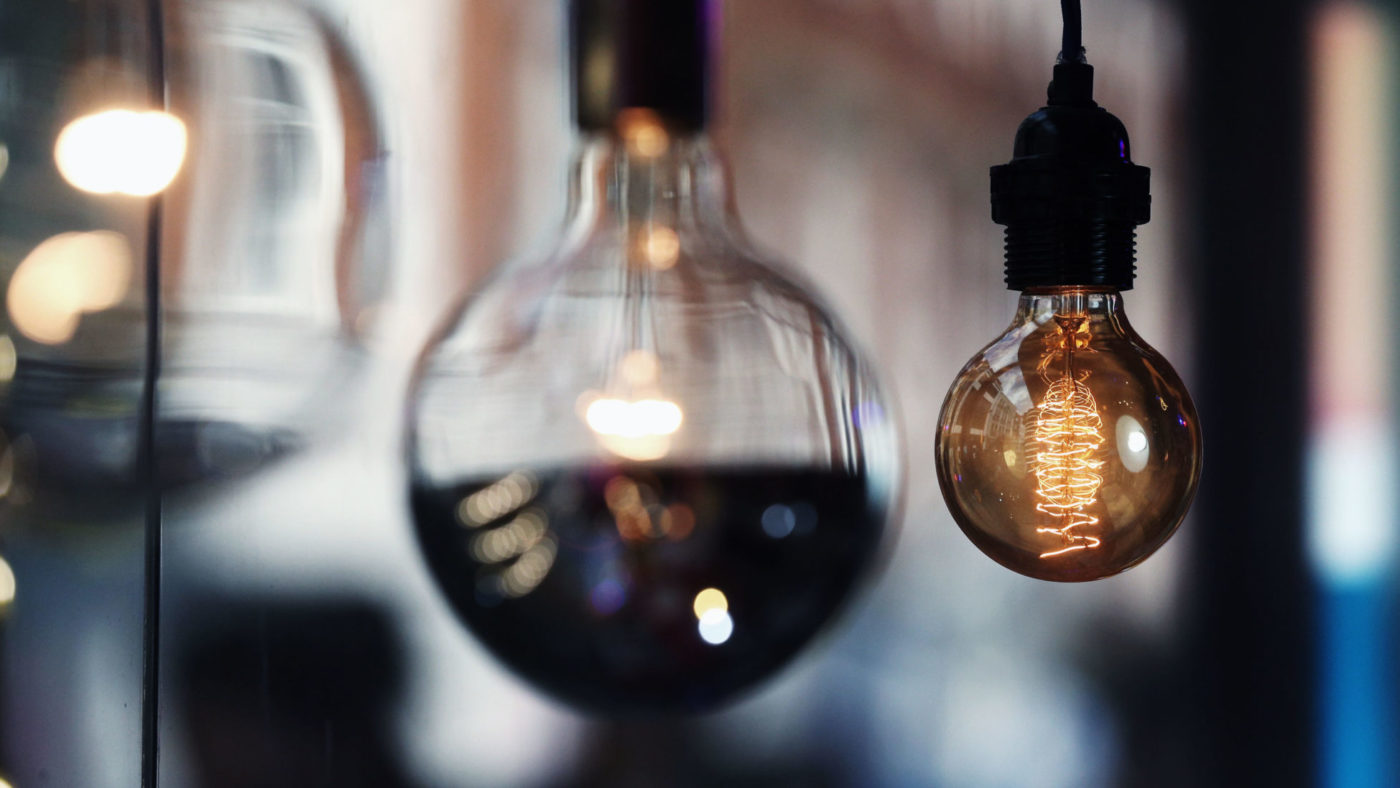Next week the humble halogen lightbulb will begin to flicker out across Europe as an EU ban comes into force. In their place come LED bulbs which have the double advantage of being both cheaper and much more environmentally friendly.
As the Guardian’s report today notes:
LEDs consume five times less energy than halogen bulbs and their phase-out will prevent more than 15m tonnes of carbon emissions a year, an amount equal to Portugal’s annual electricity usage. Philips, the lighting manufacturer estimates consumer savings of up to £112 a year from the switchover because LEDs last much longer than halogens and use far less power.
Now, there’s no good reason to object to a lightbulb that uses a lot less energy and contributes to lower electricity bills. But you don’t need to be an ardent Brexiteer to wonder whether this kind of thing really needs imposing from above.
It’s also qualitatively different to, say, the British government’s rollout of smart meters, which are a welcome tool for Joe Public to see how much electricity they’re using and, presumably, cut down where possible.
For a start, any business in its right mind is going to be using LED bulbs instead of halogens anyway if it saves them money. As for ordinary consumers, it should not need too subtle an advertising campaign to convince them the benefits of LED over halogen.
Market mechanisms are making life cheaper and better for us all without politicians needing to be involved at all. Why legislate for something already being done by the market?
It strikes me that what’s really going on here is the EU legislating so it can then take credit for something which would have happened organically anyway, which is probably the oldest political marketing trick in the book.


